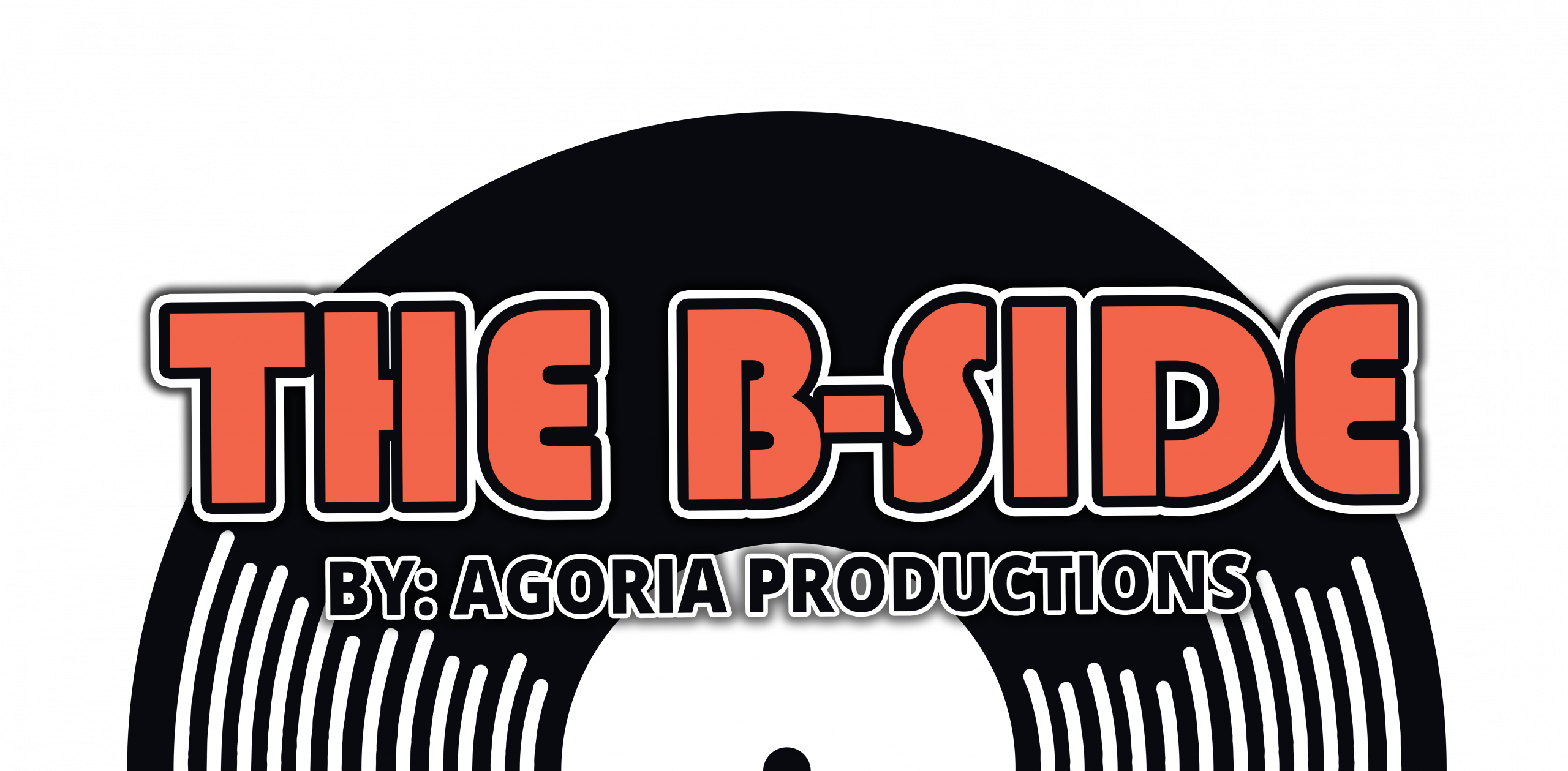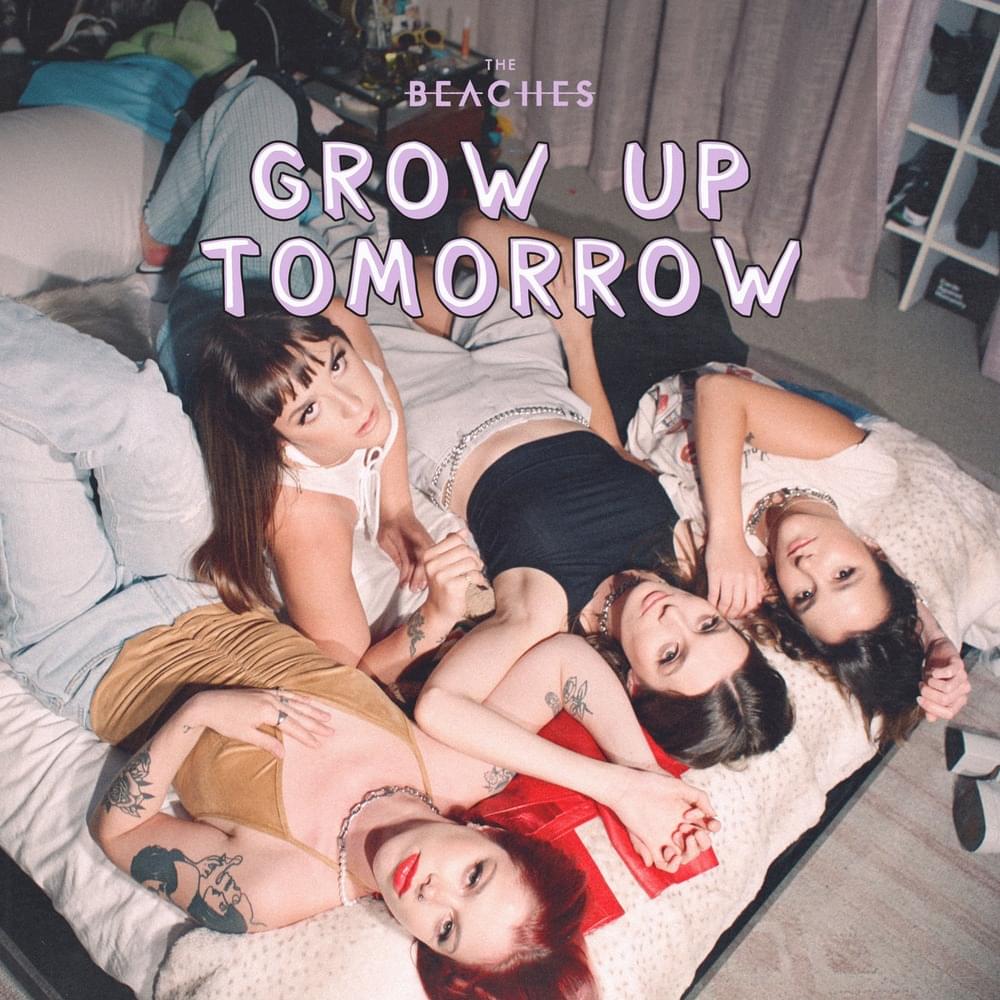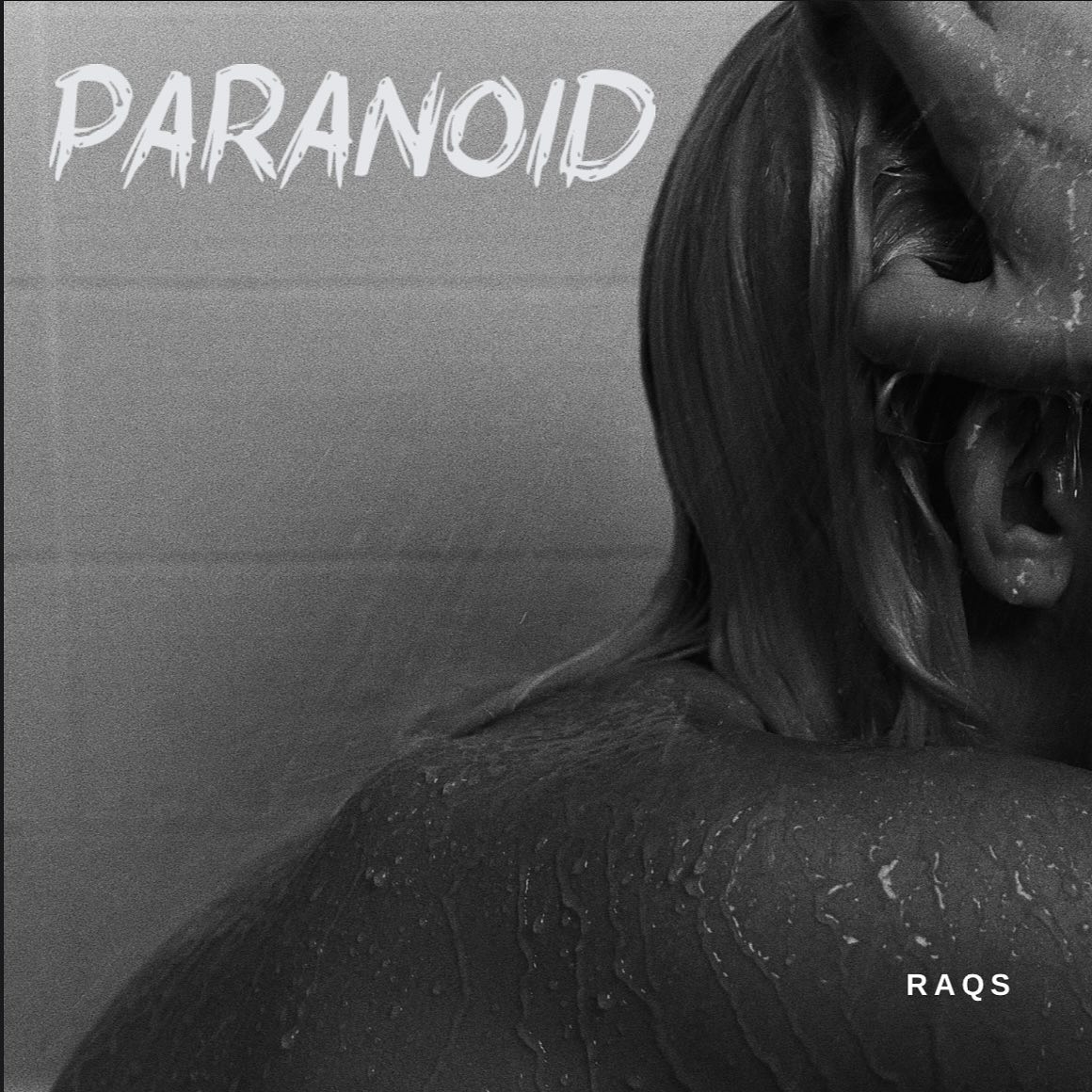The music festival not really about the music.
Every year Canadian Music Week (CMW) accepts a few hundred artist applicants to play on a festival bill while denying countless others. Last year, Paradise, a Montréal-based “volcanic” rock band paid $50 for the chance to come to Toronto and participate in one of Canada’s biggest music festivals.
They were under the impression that even if they don’t get in, they would at least receive festival wristbands as stated on CMW’s website.
But Paradise never received wristbands, a rejection or any response whatsoever; in 2023, CMW gave them the cold shoulder and left them far from Paradise.
In 2024, CMW still had Paradise wandering the wastes of their empty inbox. Their patience paid off when an oasis revealed itself through connections made during the production of their current record: someone they hired knew other CMW artists, and got them on the bill.
CMW never made direct contact with Paradise through this process.
After one year of silence and $100 in application fees, Paradise was set to play two showcases for CMW. Getting to Toronto, finding a place to stay, performing and promoting was now in their hands while CMW coordinated business conferences, keynote speakers, award shows, venues and show lineups to make the festival worth something.
These showcases are collections of artists varying in genre that were selected to play a venue at a given time ranging from 7 p.m. to 2 a.m., the ladder of which is when Paradise performed at The Bovine Sex Club on Sunday, June 2, to the remaining “warriors,” according to R.L. Black, Paradise’s lead singer.
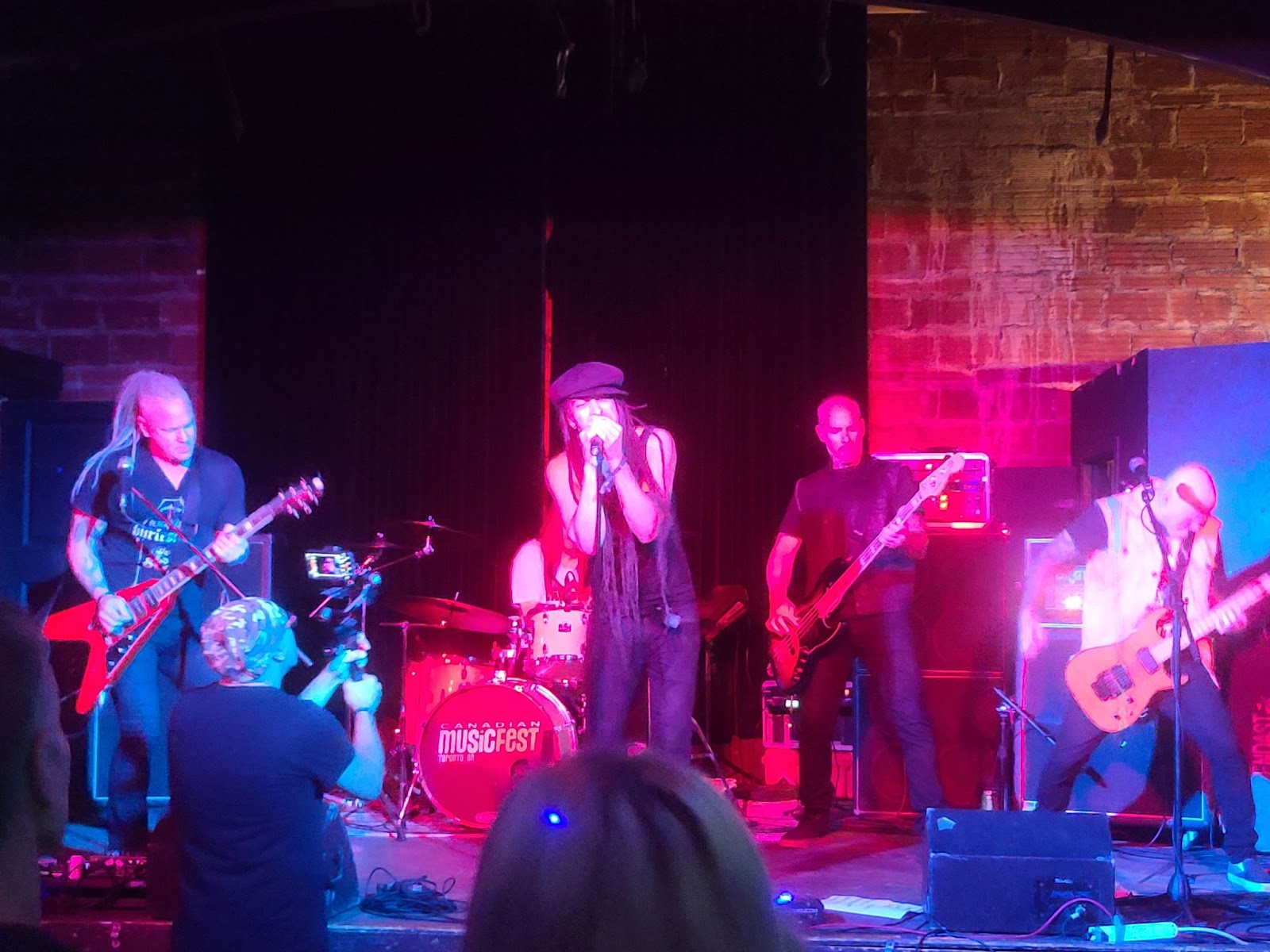
“That’s the kind of [time] maybe you don’t book a band. You could go to 2 a.m. on a Thursday, Friday, Saturday night maybe the Sunday closing the festival. But on the second day of the festival nobody’s gonna want to party hard on Sunday at 2 a.m. to discover a band, this is just booking savviness right?” says Black. “But, we still did it with a smile.”
Their other performance was on June 4 opening the showcase at The Cave above Lee’s Palace, a night that had so few attendees they pushed back doors from six to seven.
Outside the venue stood a few black-clad security guards and a velvet rope to prevent overcrowding. But there were no people to hold back. I figured I’m an hour late so I must’ve missed the initial rush.
Walking up the stairs, passing through the graffitied halls that smell far too much like piss to not actually be a bathroom, I hear the sounds of music-, of the show I’m missing. Rather, what I heard was soundcheck being done over an hour after doors were supposed to open. But, hey, at least I’m early now.
In the empty cave were bands huddled in corners, bored, waiting for their turn to get rushed through soundcheck or to play to the billions of atoms between them and the wood flooring, which might be a stiff audience but is still pretty to look at.
Black says it’s difficult to pack any venue these days but these showcases were not helped by the variety and volume of artists set to play on one bill.
“We’re a rock band. Next band is totally something else. The band after is some girl. The lineups are like a roll of the dice.”
Frank Kelly, one of Paradise’s guitarists, says it becomes more complicated with more artists because it gives less time for soundcheck and set-up which creates difficulties during showtime.
When The Lotts, a band from Warrington, England, played, they got through about four songs before ending the set early because the band didn’t hear any other member through their earpieces and the vocalist lost his voice.
Kelly said the issue can be addressed if CMW screens artists to find the best bands of similar genres and have them work together and develop theme nights to create more interest.
When reached out for comment, CMW initially showed interest in an interview but didn’t respond after.
Despite spending “more than three [thousand] to play in front of an empty room,” Paradise says they do not want to speak ill of CMW and are thankful for the opportunity because CMW gives artists direct access to the business side of the industry through their conferences.
“The knowledge you can get at the conferences [is] amazing. I’m the type of guy that goes and searches for answers [online]. [Conferences] are like a mainline to your brain. You deal with people with knowledge and experience that you can’t find on the web,” says Black.
These conferences were held in Toronto’s Westin Harbour Castle Hotel from June 3 to 5 and featured industry leaders, executives, creators and musicians discussing the present and future states of the music industry while providing networking opportunities beyond the shows.
Some conference topics included AI’s role in the music industry, the growth of radio alongside streaming and the state of Toronto’s live music scene.
Musicians who attended, on a bill or not, were also able to sign up and participate in the Mentor Program for one-on-one discussions for advice from industry professionals.
Back in the bathroom of The Cave that smelt better than the hallway right outside, I met Matt Purkiss of Black Pontiac, a British Columbia-based rock band, while discussing how interestingly (stupidly) the bathrooms were designed.
Black Pontiac did not apply to play but rather bought conference passes for access to the event.
Purkiss, Black Pontiac’s frontman, says the band got their value out of the cost of flights, hotels and $500 per person conference passes from the business half of the event, walking in with the goal of acquiring a booking agent.
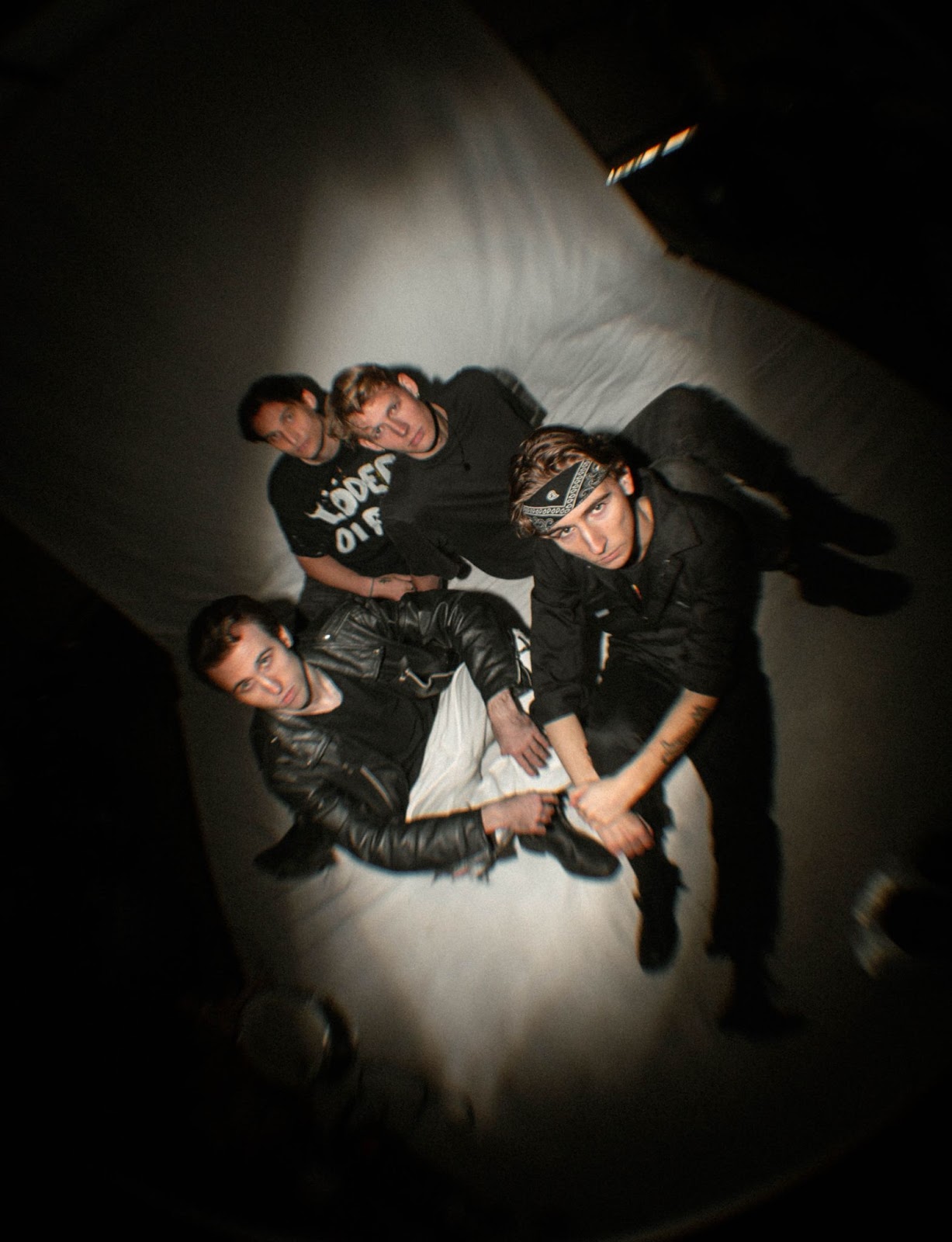
Black Pontiac, from left to right: Avery John Shoesmith, Sam Riddell, Mach Riddell and Matt Purkiss (Luke Beach Bown/@lukebeachbown)
Purkiss says the reason he is alright with how some shows turned out is because of what CMW offers through its conferences-, which is all part of “playing the game.”
“You’re gonna play shitty gigs. And regardless of how many people there are, you still have to put on the same set, whether it’s to five people at The Cave or 5,000 people at Lollapalooza…It’s very much worthwhile if you get somebody’s attention,” says Purkiss over Zoom.
That ‘somebody,’ for a growing band like Black Pontiac could also be another band. Once The Cave show finally got underway, Purkiss began chatting with members of In Foes, a Montréal-based alt-rock band, about setting up shows in their respective cities to try and grow alongside each other.
In Foes expressed similar sentiments with Paradise and Black Pontiac regarding CMW saying there are other places to get funding.
“We are lucky enough to have a government that is able to help new artists in every domain whether it’s music, art, you name it so the money is there, you just need to apply for it,” says Oliver Ricard, In Foes’ vocalist and guitarist.
Purkiss adds that later that night he met a promoter from England at The Bovine Sex Club helping make CMW’s price tag worth it.
“[CMW] allows the Canadian Music industry to sell itself to international artists. Perhaps they like their experience at CMW and they want to come back which potentially generates more ticket sales,” says Purkiss. “ It’s all about connecting. If we meet a band from England they can come back here or we might go over there.”
While the individual artists are investing their own money toward stardom, CMW is assisting executives rather than musicians through the Scotiabank Arena Bursary Program, which aims to “break barriers and provide an avenue for live music’s brightest aspiring executives to participate in CMW,” according to CMW.net.
As CMW neglects the music aspect of the music industry, artists like Black Pontiac are content doing things the independent way.
“[CMW and Breakout West] are good opportunities for artists to get themselves out there to meet industry people. But it is also the industry patting itself on the back to some extent. For me as someone who’s okay with playing the game, I don’t feel any type of way about it,” says Purkiss.
Purkiss says Black Pontiac didn’t have any expectations regarding the festival.
“We said to ourselves, we’re going to go in and get out what we put in…the opportunity to be there and initiatives like the Mentor Program I was very grateful for,” says Purkiss. “I think there’s only so much CMW can do after that. Maybe they could pay artists more, maybe they could promote it more, but really, I don’t have an issue with the way CMW is currently operating as an artist.”
Lucas Bustinski for The B-Side.
